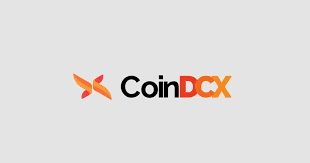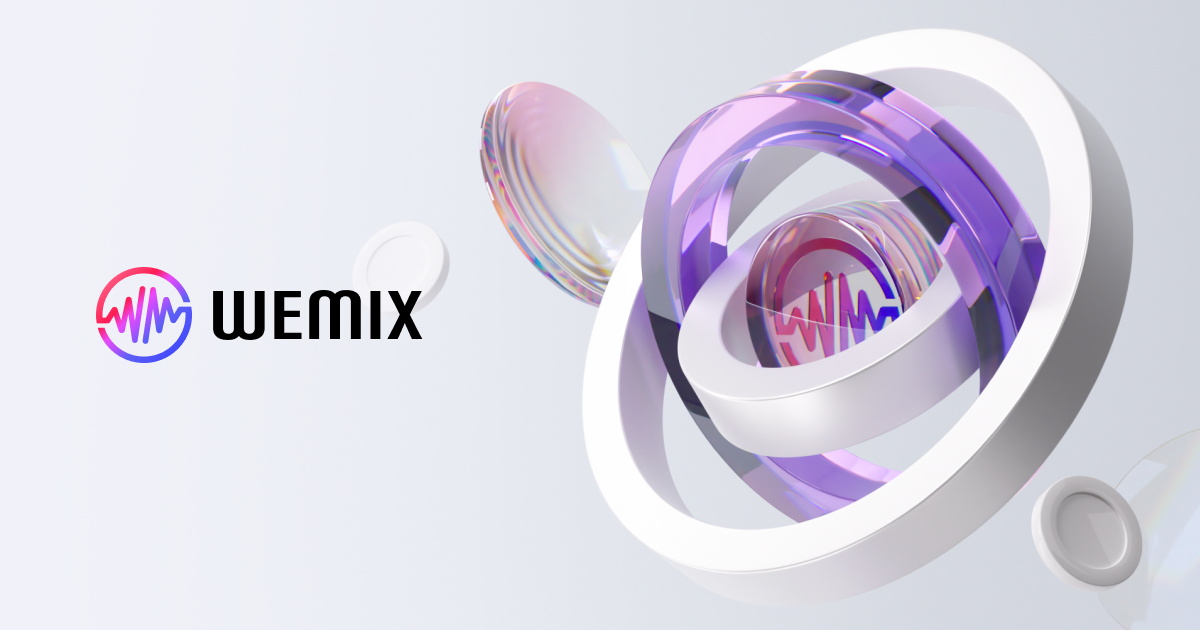A DAO or Decentralized Autonomous Organization is an organization that runs on the blockchain. It is governed by smart contracts and consensus procedures rather than a centralized authority. It is intended to be independent, self-governing, and transparent, allowing participants to manage resources jointly and without the aid of middlemen.

The Responsibilities of a DAO
A DAO’s duties can change depending on its goals and the regulations outlined in its smart contracts. However, the following are some typical duties of a DAO:
1. Governance:
DAOs are in charge of running their own internal decision-making systems. Typically, this entails making and voting on ideas pertaining to the business operations, spending plan, project funding, or adjustments to the organization’s smart contracts. The direction and policies of the DAO are decided by all of the participants.
2. Resource Management:
DAOs can manage and allocate resources such as funds, cryptocurrencies, or other digital assets. They may have mechanisms in place to distribute rewards, incentivize participation, or fund projects within the organization.
3. Project Funding:
DAOs can act as funding mechanisms for projects aligned with their objectives. Participants may submit project proposals, and if approved through the DAO’s decision-making process, funds can be allocated to support the development or implementation of those projects.
4. Dispute Resolution:
DAOs may have mechanisms in place to resolve conflicts or disputes among participants. These mechanisms can vary but often involve voting or arbitration processes to reach a consensus or resolution.
5. Transparency and Accountability:
DAOs are typically transparent, with all transactions and decisions recorded on the blockchain. Therefore, this makes them auditable and visible to the public. This transparency also fosters accountability and helps ensure that the DAO operates in the best interests of its participants.
6. Compliance:
Depending on the jurisdiction and the nature of the activities conducted by the DAO, there may be responsibilities related to legal and regulatory compliance. This can include ensuring compliance with financial regulations, data privacy laws, or other relevant regulations.
Conclusion
It’s important to note that the responsibilities of a DAO are defined by its creators and participants. However, it can evolve over time as the organization and its governance mechanisms develop and adapt to changing circumstances.
Personal Note From MEXC Team
Check out our MEXC trading page and find out what we have to offer! There are also a ton of interesting articles to get you up to speed with the crypto world. Lastly, join our MEXC Creators project and share your opinion about everything crypto! Happy trading!
Join MEXC and Get up to $10,000 Bonus!
Sign Up


